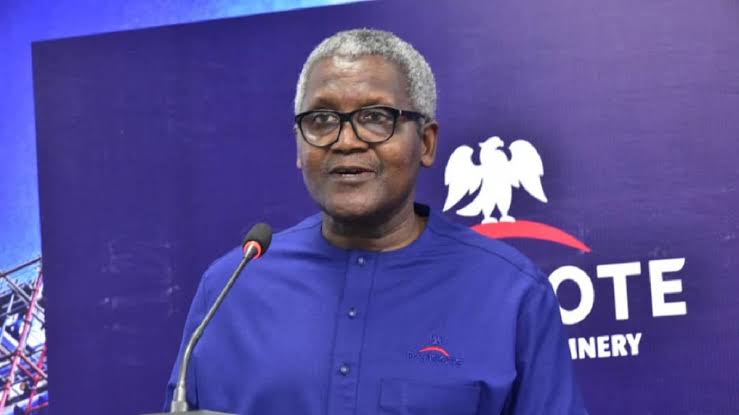
Faith Nyasuguta
The South African government has unveiled plans to harness nuclear energy to tackle its persistent electricity issues. Minister of Electricity and Energy, Kgosientsho Ramokgopa, emphasized that the development would proceed at a pace that the country can afford. Recently, South Africans enjoyed an uninterrupted 100-day power supply, marking a significant achievement.
Speaking to the media during the Cabinet Lekgotla in Tshwane, Dr. Ramokgopa highlighted that South Africa aims to build a nuclear plant for electricity generation.
“In the long term, we need to ensure that we anchor the baseload, and nuclear is an important part of that intervention. We are working on the framework for procurement to ensure transparency. We will do it at the scale and speed that we can afford as a country,” he stated.
The minister acknowledged the challenges faced by poorer communities regarding electricity affordability. “The poor and those in townships find it exceptionally difficult to afford the increases in electricity. The pricing and tariff are prohibitive, and many people across the country cannot afford electricity,” he noted.
He attributed these challenges to underinvestment in the maintenance and protection of the distribution grid by municipalities over time.

In March 2023, President Cyril Ramaphosa established a new cabinet office and appointed Kgosientsho Ramokgopa as Minister of Electricity and Energy to address the nation’s ongoing energy crisis. Earlier in July, Eskom Holdings SOC Ltd. announced that the country had reached 100 days without load-shedding, a milestone attributed to a recovery plan initiated in March 2023 and aggressive maintenance of power plants.
Eskom’s failure to meet energy demand last year was linked to record outages caused by mismanagement, corruption, and an aging fleet of generating plants, according to Bloomberg.
As South Africa explores nuclear energy, it joins a growing trend among African nations partnering with countries like Russia to develop nuclear power. Many African countries see nuclear energy as a solution to their energy deficits and are engaging with Russia for technological and financial support.
Last year, Ugandan President Yoweri Museveni announced that Russia and South Korea would soon start building nuclear power plants in the country.
Addressing the 2nd G-25 Africa Coffee Summit at the Speke Resort Hotel in Kampala, Museveni said negotiations with Russia and South Korea had already been concluded.
“Russia and South Korea are going to build two nuclear power plants of 15,000 megawatts. The nuclear project comes at a critical time when nations are dealing with how to ensure energy security for socio-economic development,” he said.
At the same time, Burkina Faso’s military leadership already took a significant step by signing an agreement with Russia to construct a nuclear power plant, aimed at addressing the nation’s dire electricity supply issues.

Egypt has already kicked off the construction of its inaugural nuclear plant, the El Dabaa Nuclear Power Plant. Constructed in partnership with Russia’s Rosatom, the plant is seen as a significant step in bolstering bilateral relations.
RELATED:








